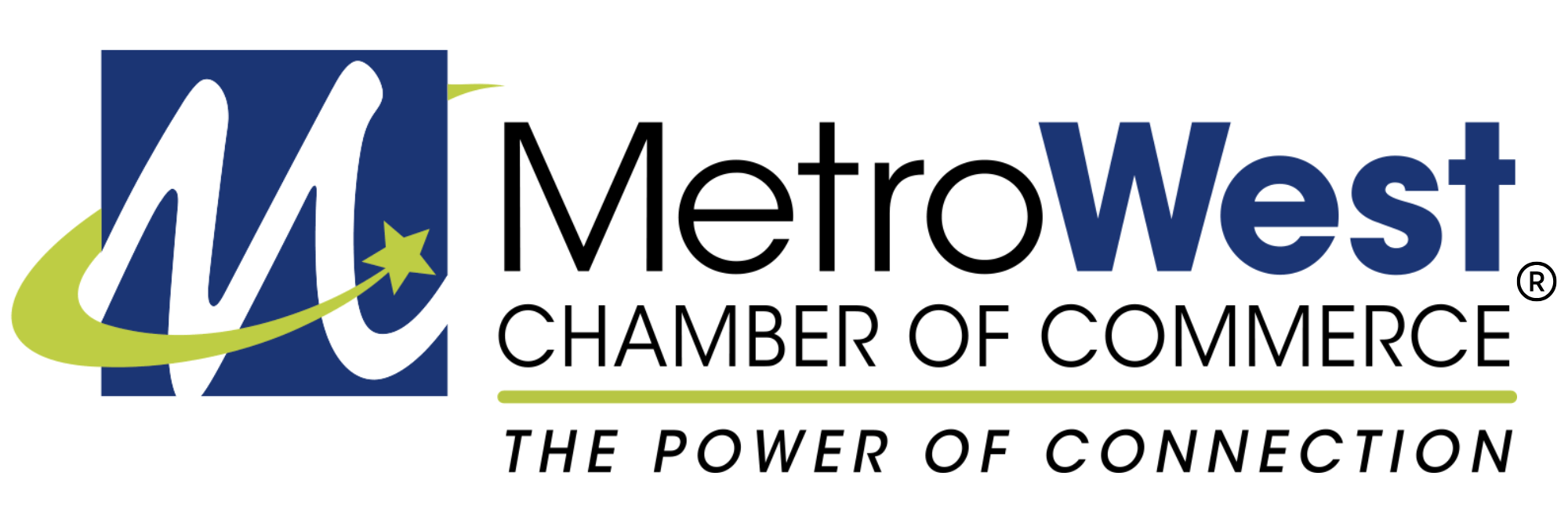Disasters don’t RSVP. One morning it’s business as usual; by evening, a burst pipe, cyberattack, or wild weather could shut everything down. For small business owners, this isn’t just inconvenient—it’s existential. The stakes are high, but with the right game plan, staying operational (or bouncing back fast) doesn’t have to be a gamble. Smart preparation doesn’t mean expecting the worst, just respecting the possibility that it might show up unannounced.
Rewriting the “Business as Usual” Script
Most emergency plans gather dust in a drawer, if they exist at all. But a solid plan starts with reframing what “business as usual” even looks like when things go sideways. This isn’t about paperwork; it’s about continuity. Who calls whom when the phones are down? What gets saved first if systems fail? What does the storefront look like if customers can’t come in for a week? Starting with those questions leads to answers that matter—and a plan that doesn’t just check a box but keeps the lights on.
Every Employee Is a First Responder
Forget the lone-hero mentality. In a real crisis, no one has time to explain everything twice. Teams that thrive in emergencies are the ones where everyone already knows the playbook. That means cross-training for key roles, having clear lines of communication, and knowing who does what when time runs out. Don’t wait for an actual fire to discover that only one person knows how to access the vendor database—or that no one knows where the fire extinguisher is.
The Backup Is Only as Good as the Practice
Plans that look great on paper fall apart in practice. So test them—regularly. Run surprise drills. Simulate a server crash and see how the team responds. Use these moments not to penalize but to learn. Spot the weaknesses and fix them before they become vulnerabilities. This kind of muscle memory doesn’t come from meetings—it comes from doing, adjusting, and doing again. The smoother the drill, the stronger the real-world response.
Paper Trails Can’t Swim
When disaster strikes, physical records are often the first to go—flooded, burned, or just lost in the shuffle. That’s why scanning and digitizing essential documents isn’t just smart—it’s non-negotiable. Store licenses, contracts, tax records, and key IDs in a secure cloud folder, with encrypted access only shared on a need-to-know basis. And if you're short on time or gear, take a look at this: a mobile scanning app lets you capture any document from your device’s camera and instantly convert it into a PDF for safekeeping.
Digital Contingencies That Don’t Rely on Hope
If the data isn’t backed up in multiple places, it might as well be gone. Cloud storage isn’t a luxury; it’s survival infrastructure. But even more important is knowing how to access those backups—and ensuring someone other than the tech lead can do it. Two-factor authentication, offline password managers, and alternate login credentials are more than security measures; they’re lifelines. The question isn’t just where the files are, but who can get to them when it matters most.
When Customers Are in the Dark Too
Disasters don’t just disrupt operations—they break trust if customers are left guessing. Clear, fast communication is a competitive advantage. That starts with pre-drafted updates, multiple channels (email, SMS, social), and someone empowered to speak on behalf of the business when leadership is unreachable. But it also includes transparency. Customers are more forgiving when they feel like they’re being told the truth. Silence, on the other hand, invites speculation and skepticism. A good plan makes customers feel informed, not abandoned.
Insurance Isn’t the Only Safety Net
Coverage is critical, yes—but it doesn’t replace preparation. Many small businesses assume insurance will smooth everything over, only to find that policies don’t account for lost time, supply chain chaos, or long-term customer attrition. Build a cash buffer if possible. Have templates ready for loans or grants. Keep copies of essential documents in multiple places, both physical and digital. Recovery is often about speed, and speed depends on access. Being ready to apply for help should be part of the emergency blueprint, not an afterthought.
Emergency planning isn’t about living in fear—it’s about removing the fear of the unknown. When done right, it empowers rather than overwhelms. For small business owners, every hour of prep now could save days—or even months—of panic later. The world may never be fully predictable, but the response to it can be practiced, refined, and strengthened. Surviving the storm is one thing. Emerging from it with your reputation, team, and sanity intact? That’s the goal.
Join the MetroWest Chamber of Commerce today and unlock the potential to build, hire, connect, and grow your business in the vibrant MetroWest region!

